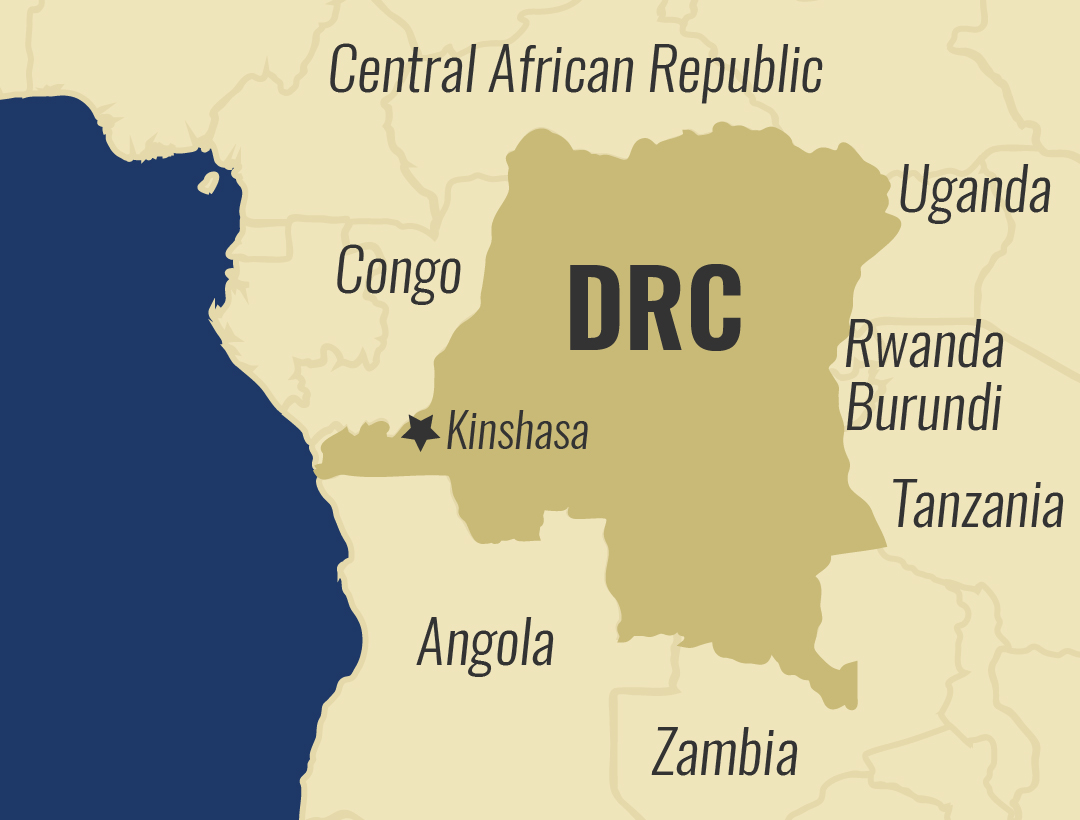Faces of Africa – Mukuka Nkoloso: The Afronaut
He was a soldier, a Teacher, a patriot, an eccentric visionary and to some a crackpot. He must have been the most misunderstood man in Zambia, was he ahead of his time or was he just living in La-la land? The man we are talking about is Mukuka Nkoloso.

Edward Festus Mukuka Nkoloso was a grade-school science teacher and the director of Zambia’s National Academy of Science, Space Research and Philosophy, He was born in 1919, in the north of Northern Rhodesia, he had a missionary education, learning theology, Latin, and French. Nkoloso wanted to join the priesthood but was drafted to serve in the Second World War, for the British, as a member of the Northern Rhodesian Regiment. Over the course of stints in Abyssinia and Burma, he was promoted up through the ranks in the Signal Corps, the communications branch of the military. After the war, he became translator for the Northern Rhodesian government.

Nkoloso’s interest in science begun during the war, In the 1960s, Mukuka Nkoloso had a dream to launch a rocket that would send 12 astronauts to the moon. He hoped to beat the United States and Russia space programs at the height of the space race. He began his academy to train his Afronauts; the academy’s motto was; where fate and human glory lead we are always there. His Intention through the academy was to achieve space travel he recruited ten young men and a young lady and coined a new name for them he called them “Afronauts”. He took his “Afronauts” through strenuous training. But due to lack of funding, his project never took off.

Nkoloso came up with his launch rocket and he called it D-Kalu 1. D-Kalu 1, was a 3-metre by 2-metre (10×6 ft) drum-shaped vessel. Named after the first president; Kenneth David Kaunda. The planned launch was to take place on 24 October 1964, Zambia’s Independence Day, and it was to take place from the Independence Stadium, but was purportedly denied permission.
It is said that he asked UNESCO for a grant of £7,000,000 in Zambian pounds to support his space program, but UNESCO never responded to his request.

Nkoloso was a man ahead of his time, and he dreamt big for Zambia but all his dreams seemed not to take off.
He received a law degree from the University of Zambia in 1983 and was awarded the Russian Jubilee Medal “Forty Years of Victory in the Great Patriotic War 1941–1945.”
He died on 4 March 1989 and was buried with presidential honors.





